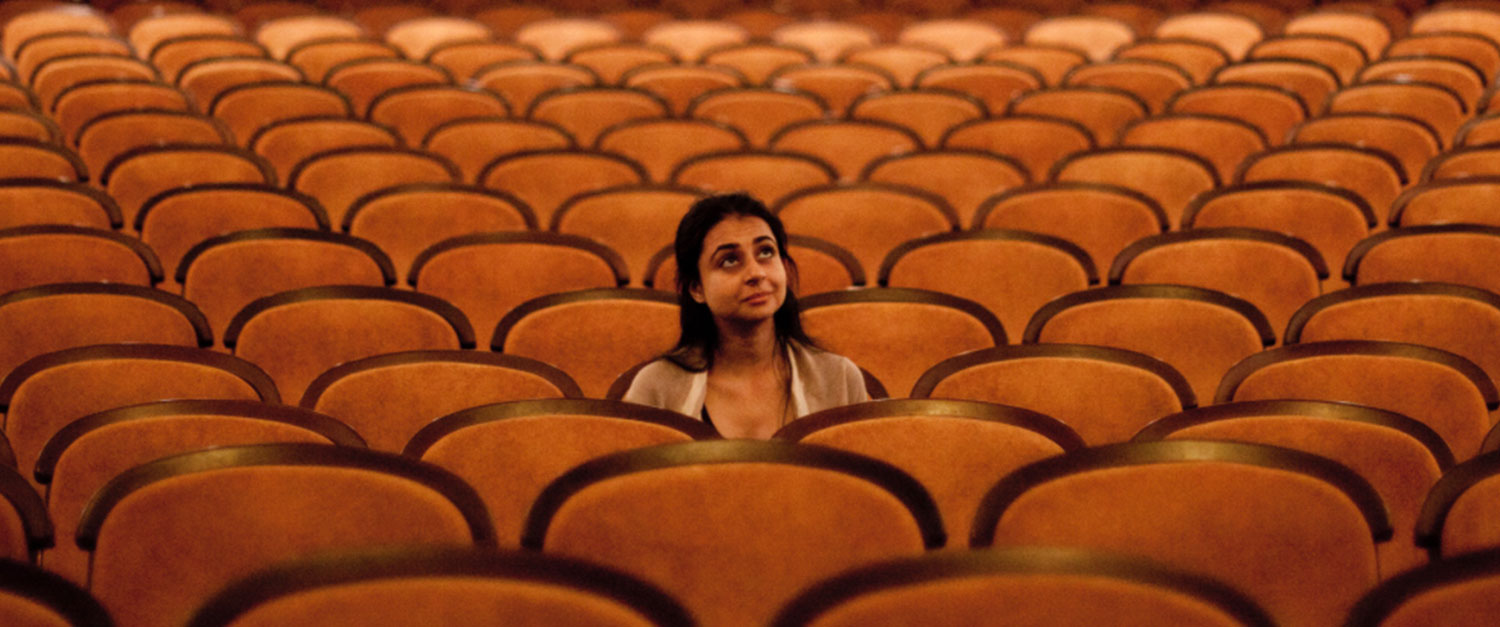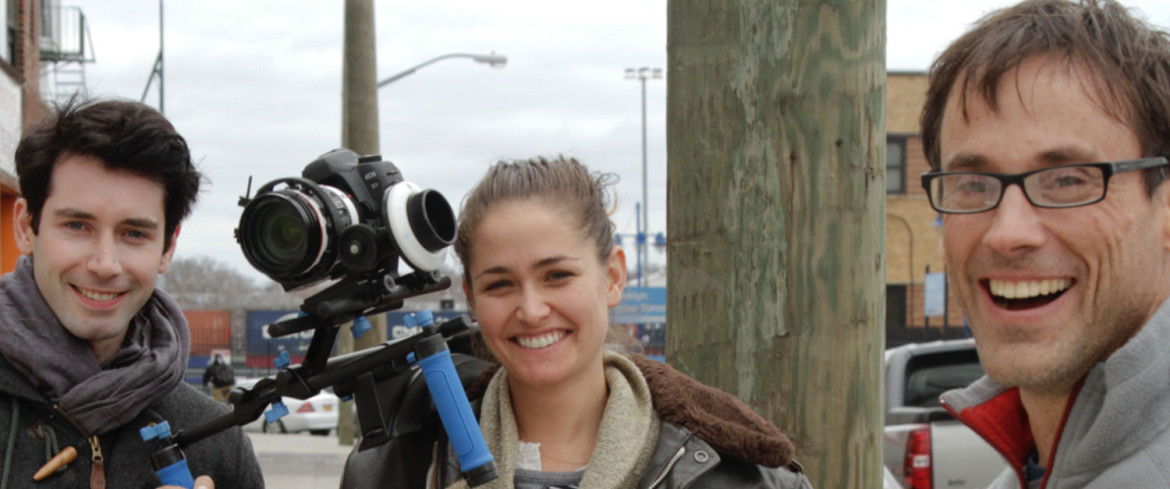This unique, professional documentary workshop is designed for filmmakers and actors with a passion for visual storytelling. It provides you with a very unique opportunity to gain first hand crafting a documentary under James’ and Julia’s expert guidance.
The workshop is fast, intensive and absorbing. Our key goal is to give students the tools, the mindset and the support they need to work in the real world. By the end of the workshop, students will have evolved professionally, worked with industry leaders, have professional documentary experience and a documentary for their showreel.
A graduate of the University of Southern California School of Cinematic Arts, MFA Directing, James has created a practical, hands-on workshop where filmmakers have the opportunity to explore first hand the creation of the documentary, under James’ guidance. Students discover the world of documentaries through lectures and screenings, shoot exercises to prepare, keep a production journal, pitch ideas for a single collective documentary to be created, learn to write proposals, learn to light, compose, edit, discuss marketing and distribution for docs and participate in a public screening of the project. Each member of the workshop will receive a copy of the material they shoot, for use in their showreel.

Director of the acclaimed “Hank and Asha”, Prague Film School Directing and former Stone Street Studios/ NYU Tisch drama Instructor James Duff’s 2 week Documentary Workshop covers practical documentary storytelling training. James’s extensive Los Angeles and New York Theater directing experience compliments his considerable film and African documentary experience.
Writer, Producer, Editor of “Hank and Asha” (screened at over 50 festivals world-wide, with over 20 awards) Julia Morrison will lead the workshop with James. Julia has also pproduced historical documentaries for the prestigious PBS series, American Experience (“Dolley Madison”; “Alexander Hamilton”) with Middlemarch Films, and was Associate Producer on the Emmy-award winning PBS mini-series, “Benjamin Franklin.” She has produced current affairs documentaries for New York Times Television, including the award-winning “MLK Boulevard” and “China Rises: Getting Rich,” a co-production of New York Times Television, CBC, and ZDF, which received Canada’s Gemini award.

DAY ONE: WHAT IS DOCUMENTARY?
DAY TWO: DRAMATIC STRUCTURE
DAY THREE: PRE-PRODUCTION AND DEVELOPMENT
DAY FOUR: CAMERA FOR DOCUMENTARY
DAY FIVE: INTERVIEW TECHNIQUES, LIGHTING AND SOUND
DAY SIX: STUDENTS GO OUT IN FIELD AND SHOOT
DAY SEVEN: STUDENTS GO OUT IN FIELD AND SHOOT
DAY EIGHT: EDITING
DAY NINE: OBSERVATIONAL DOCUMENTARY
DAY TEN: OBSERVATIONAL CONTINUED AND DIARY/JOURNEY DOCUMENTARY
DAY ELEVEN: BUDGETING/MARKETING/
DAY TWELVE: WRAP UP
«Even after working for a number of years as a multimedia journalist and documentary filmmaker, my time spent learning from Julia and James was invaluable in the sense that it not only helped me polish my skills as a filmmaker and (more importantly) a storyteller, it also helped broaden my understanding of the industry as a whole.»Arwen Kidd
«Beyond that they both have great attitudes as people and an openness that contributes to being able to get creative both with them and the environment they create as mentors. I’ve gone straight into work, shoot and create in London and I have their skills as teachers to thank for contributing to my career.»Tom Weir
